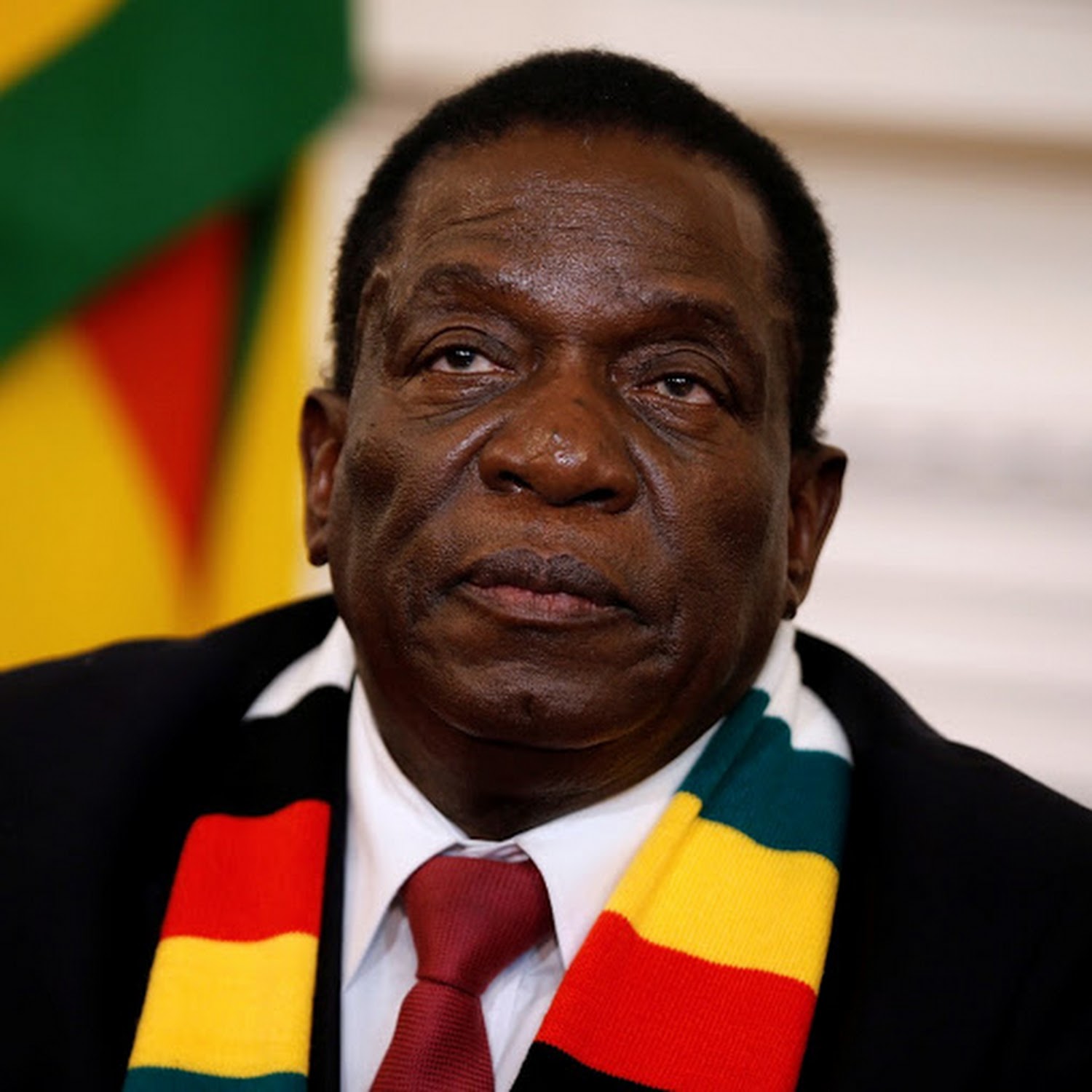As Zimbabwe prepares to host the 44th Southern African Development Community (SADC) ordinary summit of Heads of State and Government in Harare on 17 August 2024, the nation has found itself in the spotlight not just for its role in regional development but also for a troubling crackdown on human rights activists.
The SADC Summit themed, ‘Promoting Innovation to unblock opportunities for sustainable economic growth and development towards an industrialised SADC,’ will focus on harnessing science, technology and innovation to drive modernization and industrialization in the SADC region.
During the Summit, President Emmerson Mnangagwa will assume the chairmanship of the regional bloc from Joao Manuel Goncalves Lourenco, the president of Angola.
What does the SADC Chairmanship position mean?
The SADC chairmanship is a significant leadership role within the organisation, typically held by a head of state or government from a member country for a one -year term.
The key responsibilities include providing leadership and guidance ensuring that the organization’s goals and objectives are met, representing SADC at various international forum and engaging with other regional and global organizations, facilitating meetings, promoting regional integration, monitoring implementation of SADC decisions and agreements. The SADC chairpersonship is vital for advancing the region’s collective interest, fostering unity, and driving sustainable development across Southern Africa.
While the SADC chairmanship position does not come with direct financial compensation, it can offer indirect economic benefits to the chairing country. Hosting SADC meetings and summits can enhance the visibility of the chairing country, boost tourism and hospitality sectors, attract foreign investment, and provide an opportunity to influence regional policies that could benefit the country’s economic interests.
Why is Zimbabwean government clamping down on potential protest organisers?
The Zimbabwean government has intensified its clamping down on potential protests organisers, particularly targeting Civil Society, human rights activists, and opposition supporters. This repression has included arrests, detentions and intimidation to prevent any form of dissent. In a press conference held on Friday in Harare, Home Affairs Minister Kazembe Kazembe warned against any dissent during the SADC summit.
The government’s stringent measures are intended to maintain order and prevent disruptions during this high profile event.
On June 16, the Zimbabwe Republic Police raided a private home in Harare and arrested CCC member Jameson Timba and over 70 other activists for allegedly holding an unauthorised political meeting.
They were charged with participating in a gathering with the intent to promote violence, breaches of peace as well as disorderly conduct and they were denied bail on 27 June on the grounds that the detainees were likely to commit similar offences if released.
In Kariba, 14 opposition activists, including former MP John Houghton were also arrested accused of participating in a gathering with intent to accuse public violence.
0n 31 July, four human rights defenders, Vusumuzi Moyo, Namatai Kwekweza, Samuel Gwezi and Robson Chere were forcibly removed from a plane at Robert Mugabe International Airport, held incommunicado, severely tortured, and subsequently charged with disorderly conduct.
Bulawayo ward 22 councilor Bruce Moyo and Bulawayo Senator Gideon Shoko were also arrested on 1 August.
These actions underscore the tense political climate in Zimbabwe as the government seeks to prevent disruptions related to the 2023 Presidential election dispute. The government fears that protesters may use the SADC summit to draw international attention to their grievances.
Opposition groups and activists are focusing on highlighting issues such as arrests and detention of opposition leaders and supporters, as well as highlight concerns about human rights abuses and lack of democratic freedom.
By protesting during the summit, they hope to pressure regional leaders and the international community to take stronger stance against the Zimbabwean government.
How has been the situation for previous SADC Summit hosts?
Several previous SADC Summit hosts have also experienced crackdowns on human rights activists. For example, Angola, which hosted the SADC Summit in 2011 and 2012, faced criticism for restricting freedom of expression and assembly, with Human Rights Watch highlighting concerns over media censorship and the banning of peaceful protests.
In Eswatini, which hosted the Summit in 2016, there were significant human rights violations, with the government employing repressive measures to silence political activism and protests, including arbitrary arrests and torture of activists and union leaders.
These incidents reflect a broader regional issue concerning civil liberties and government responses to dissent within several SADC member states.


Dictators’ behaviour is well established worldwide, that is harass, intimidate, abduct and ultimately murder the civilians with all impunity available.